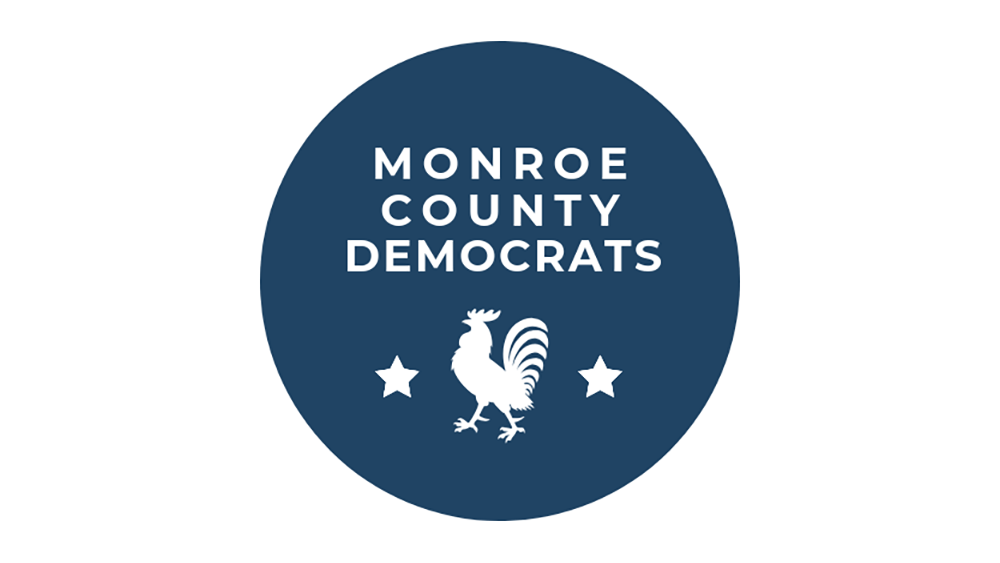While the media may be focusing on issues like health care reform or energy taxes this election season, political thinkers on campus said decisions on these issues have no weight unless people vote.
After Indiana’s Democratic turn in 2008, the political stance of the state is still in question.
Though Democrats seem confident in their voter base, many are wondering if they are capable of regenerating the excitement of Obama’s victory to keep control of Congress.
Obama’s approval rating is below 50 percent, according to Gallup, and Democrats on campus are trying to compensate by recruiting more voters.
“(The IU Democrats) have been working very hard to raise awareness and get people registered to vote,” said senior Daniel Herman, policy director for the IU College Democrats. “The outcome of this election will determine how Obama will spend the next two years of his presidency, and that’s always important.”
Collective speculation is that a state of equilibrium will be put into place after this election, IU political science professor Gerald Wright said.
“A substantial amount of seats won by the Democrats in the 2004 election were borrowed from Republicans,” Wright said. “If those seats are lost this year, it won’t necessarily be because of the wane in Obama approval, rather a restoration of balance.”
The New York Times projections predict that Democrats will lose control of the House this year, and if that happens, IU College Republicans President and IDS columnist Justin Kingsolver senses a possible temporary inconvenience for the GOP.
“The lame duck period will be crucial in Congress because Democrats will be trying to push the last of their bills through,” Kingslover said. “It will just be more work to undo come January.”
Kingsolver said he was adamant about getting everyone to the polls regardless of their political beliefs and urged students to be informed about candidates’ stances on various issues.
“It is the social issues that get candidates elected and the fiscal issues that govern,”
he said.
Voter turnout ‘biggest issue’ during midterm elections this November
Get stories like this in your inbox
Subscribe




